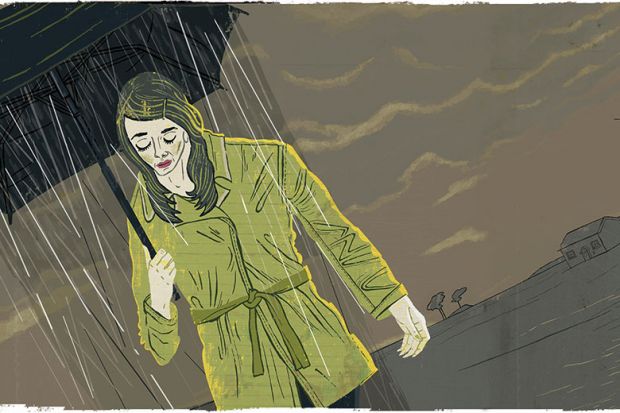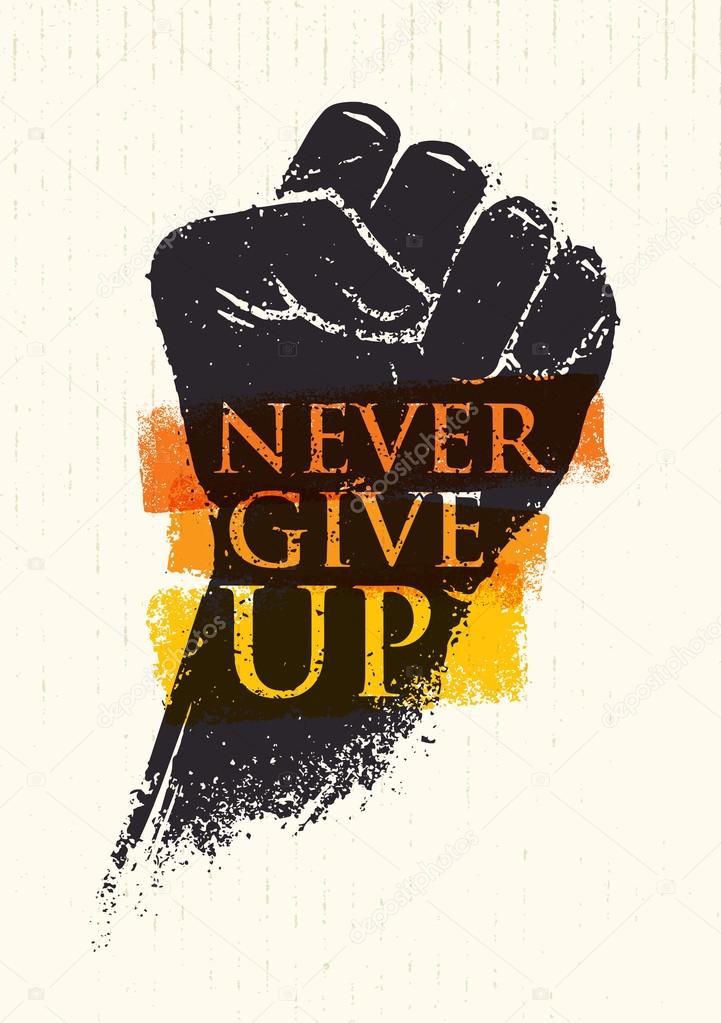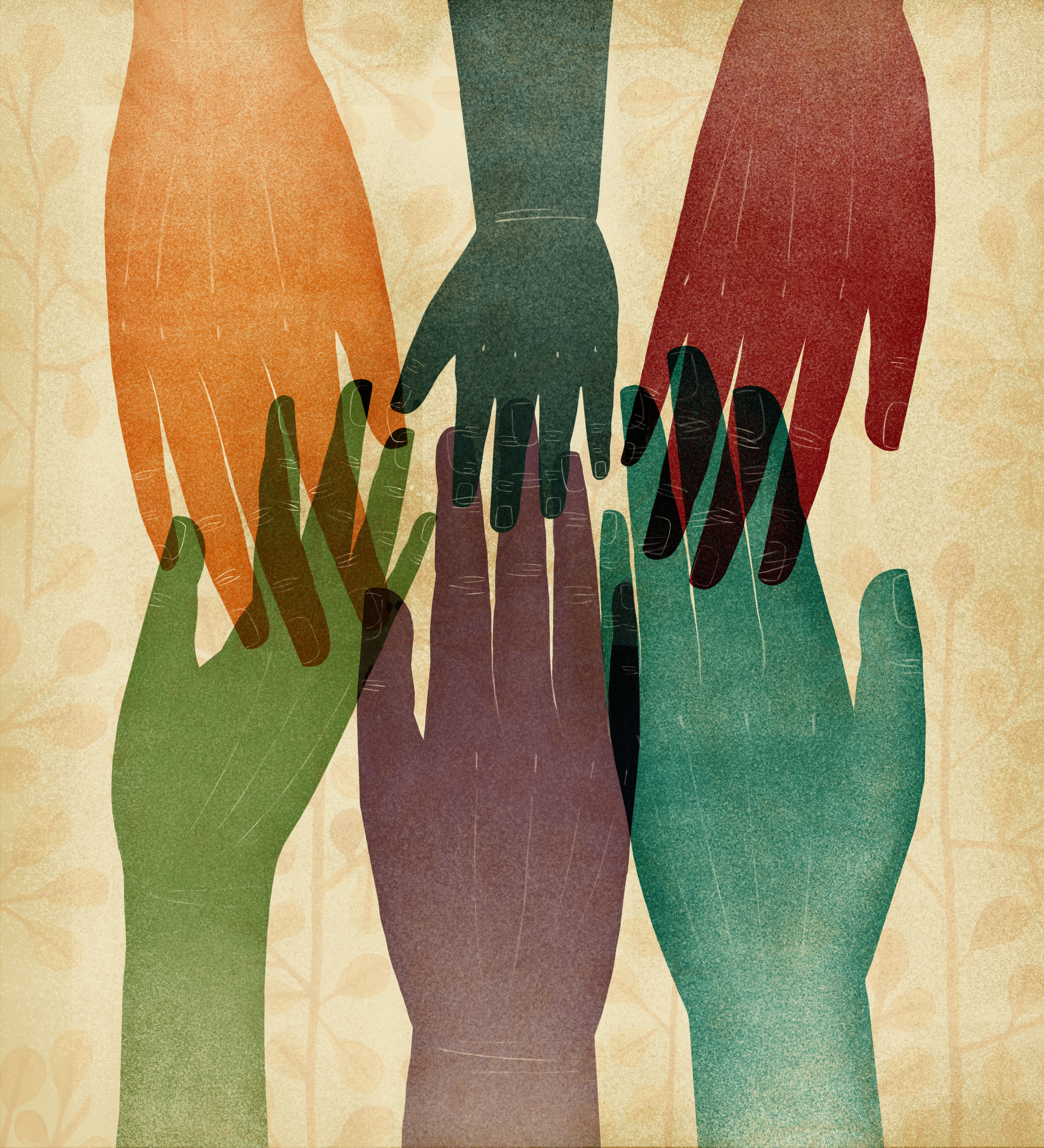I used to wonder about what it meant to be the "better man"; to fight the good fight and stand up for what was true and just.
This was back when I had the shelter of my parents. Young and stupid as I was; I did not realize that what kills the desire for goodness is the fear of loss. You will not rebel as long as you are worried for your own safety. The more precarious your position is; the more you fear the fall; and the less likely you are to jump.
That is how revolutions die; not with massacres or surveillance state but with simple convenience.
I used to and still freely pass money to people in need as I realized early on that any money in my hands is stolen from someone else. I suppose the river simply dried up as my selfishness grew.
Still; a poem which I find captures the zeitgeist of this age is a poem I'm sure everyone knows. "First they came for the Jews and I did not speak out for I was not a Jew.
Then they came for the socialists and I did not speak out for I was not a socialist.
Then they came for me and there was no one left to speak out for me."
Paraphrased of course but this is a reflection of a Hindu philiosophy which states that the inflictor and the witness are equally guilty.
In my context, I am used to people being raised in pressure cookers and I fear the strain of studying medicine as many instructors are known to work students past the bone because thats simply "how its always been". Even as a career, doctors are burned out and unable to help patients to their full ability even though they desperately want to but this is "how its always been".
I will use two characters who are immensely controversial for this next segment. I relate very deeply to Sasuke from Naruto as he wanted to change the circumstances which led to the tragedy of his life.
First he blamed a person; his brother. Then he blamed a place; Konoha. Finally, he blamed an idea; the world.
My fear is that my enemy is not a person, company, or corporeal entity. My fear is that my enemy is an idea and I do not know how to kill ideas.
Legislation is one aspect but I feel powerless but as Wang Ping and the Force article says.
That powerlessness is the weapon evil uses to succeed.
My final character comparison is Kylo Ren.
He is a man ruled by failure.
Failure to live up to his family legacy.
Failure to live up to his own idea of his grandfather's legacy.
Everywhere he turns he is destined to fail.
Except; being a Jedi.
His only good act was killing Snoke to save Rey.
The one time he used his grandfather's legacy/lightsaber.
I dont even know if he should be redeemed.
If he should; then it must be from his own hands.
That's what the Last Jedi taught me.
https://www.youtube.com/watch?v=_DboMAghWcA
"Of fear and love, I fear not that I will die; but that all I have come to love will perish with me."
https://www.youtube.com/watch?v=YaLmmE2hVI4















